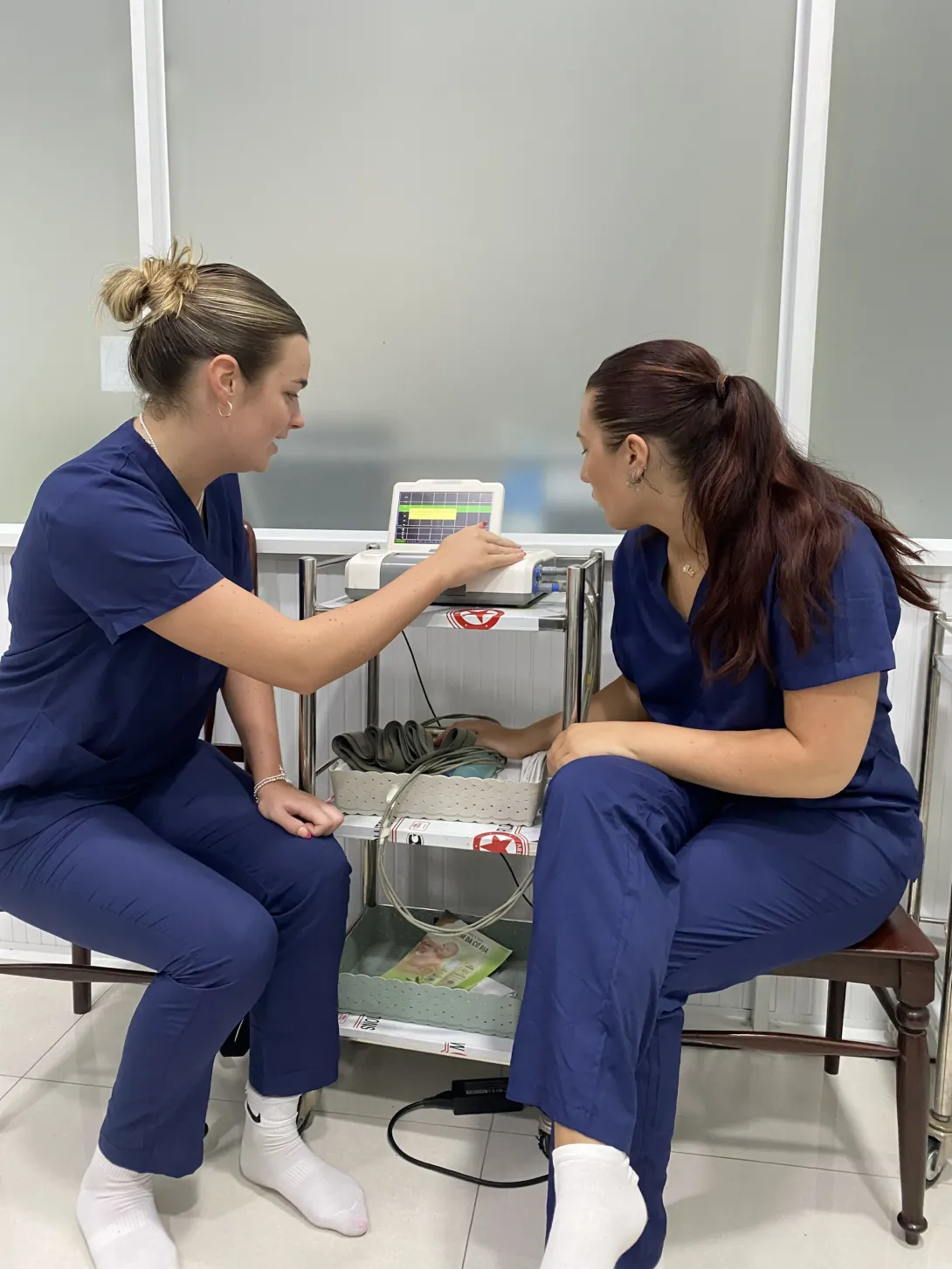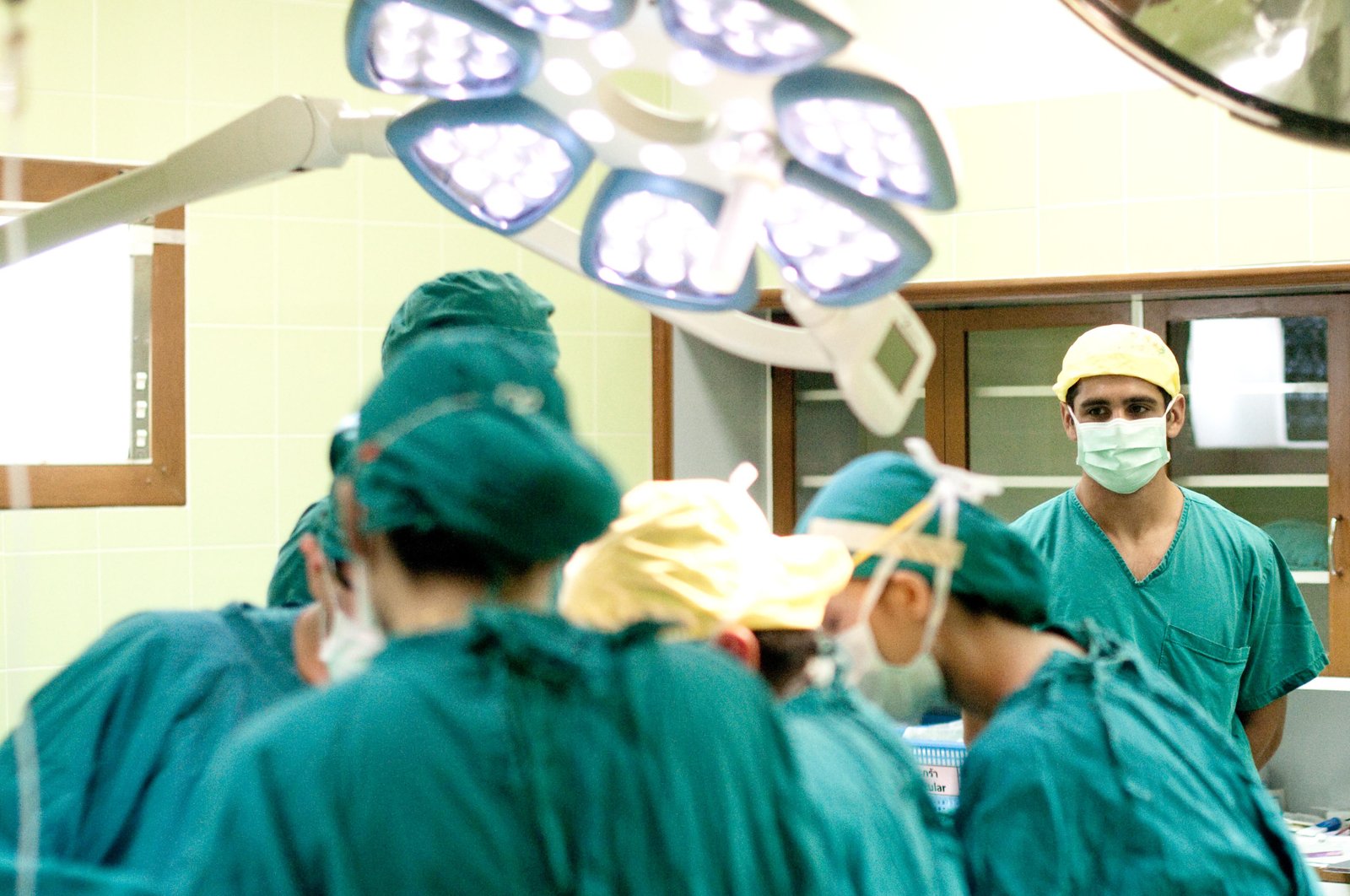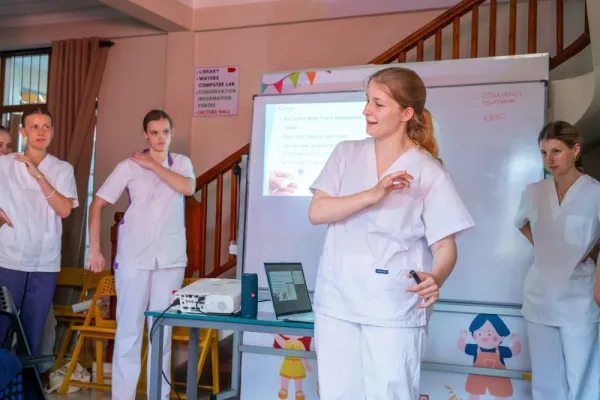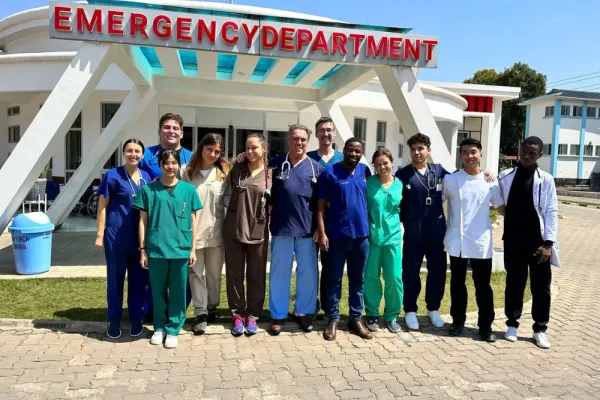What to Expect on a Medical Elective in a Developing Country
-
- |
- Read time

Written By
Admin
Recent Blogs
Read time 6 minutes
Read time 6 minutes
Read time 6 minutes
Still have Questions?
Subscribe to our Newsletter
Get the latest updates, insights, and exclusive offers delivered straight to your inbox.
We respect your privacy. Unsubscribe at any time.
Change language & currency
Language
Currency






